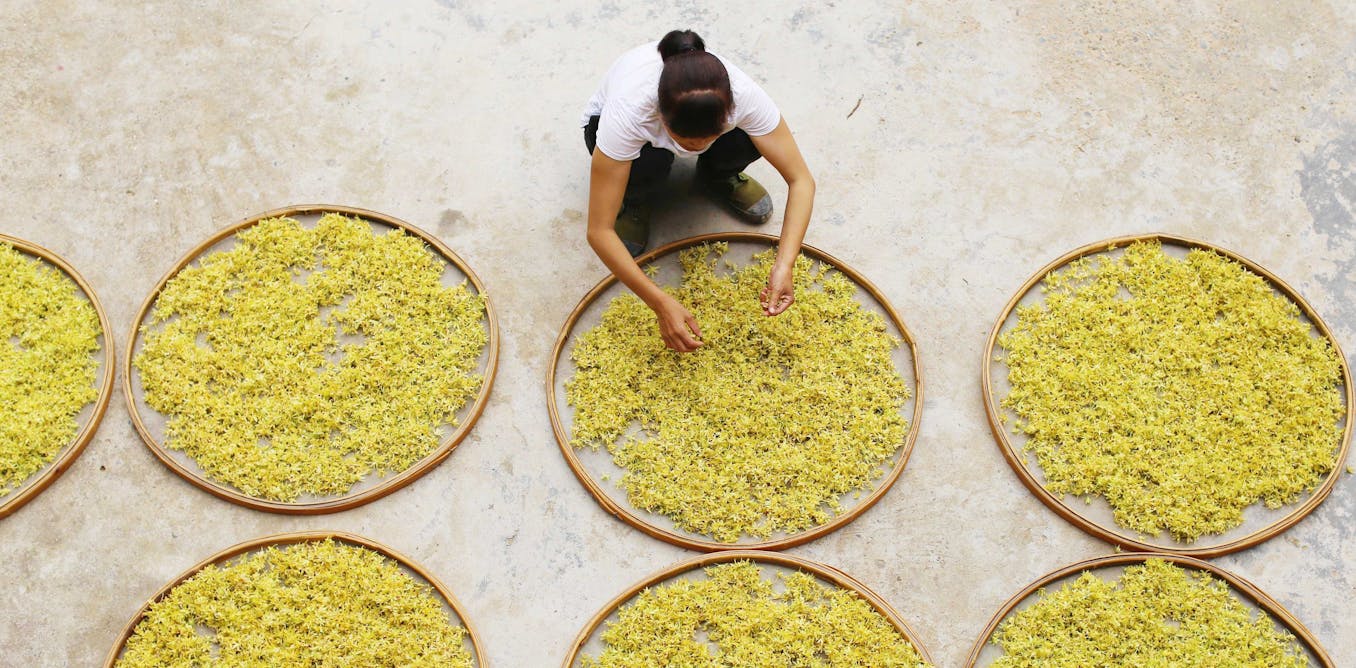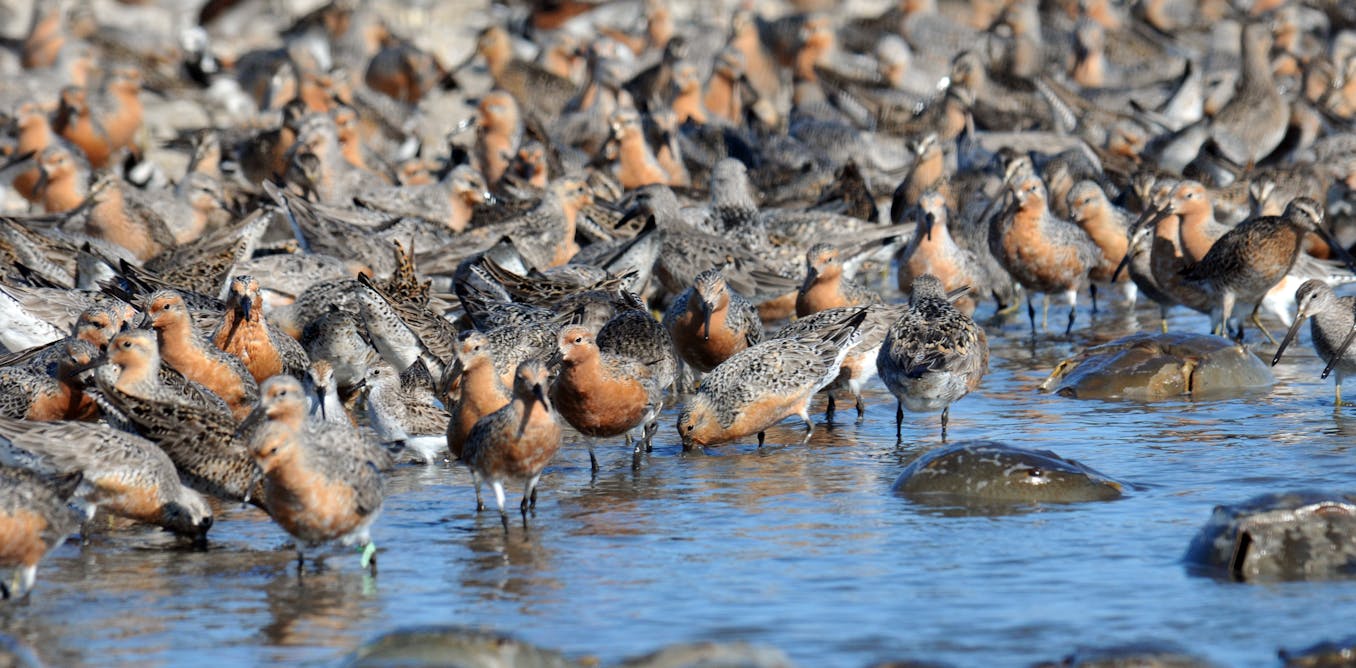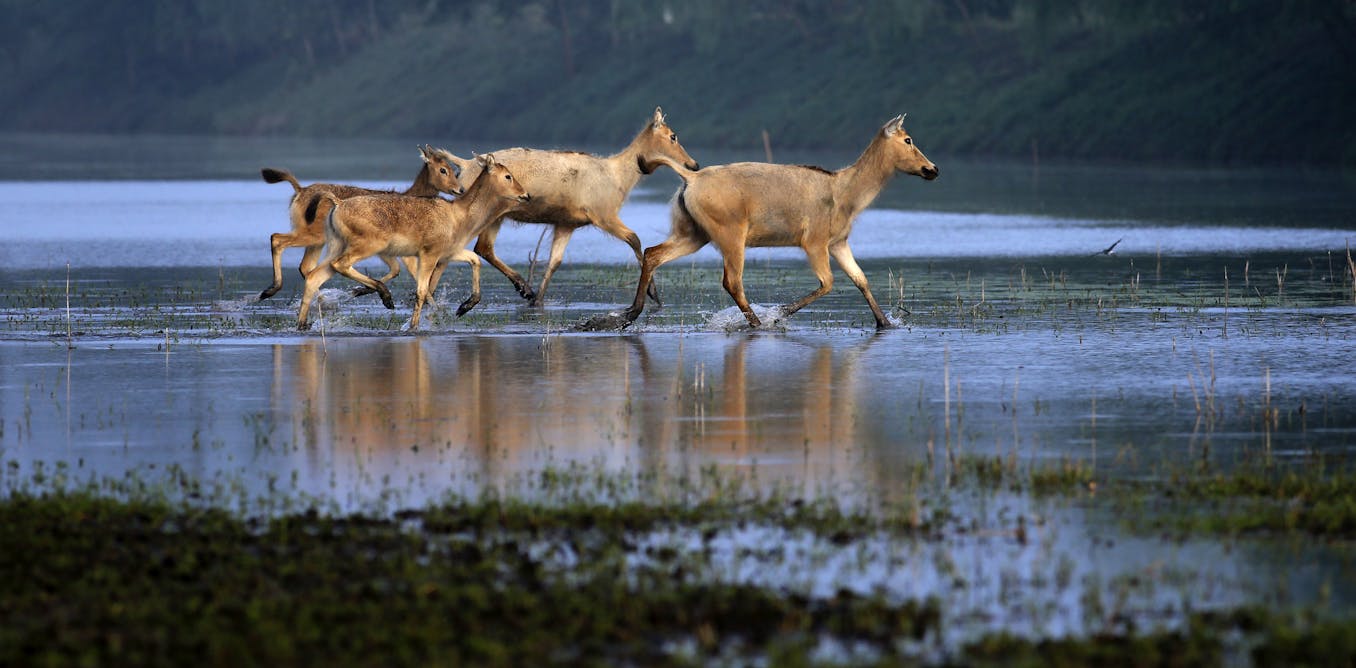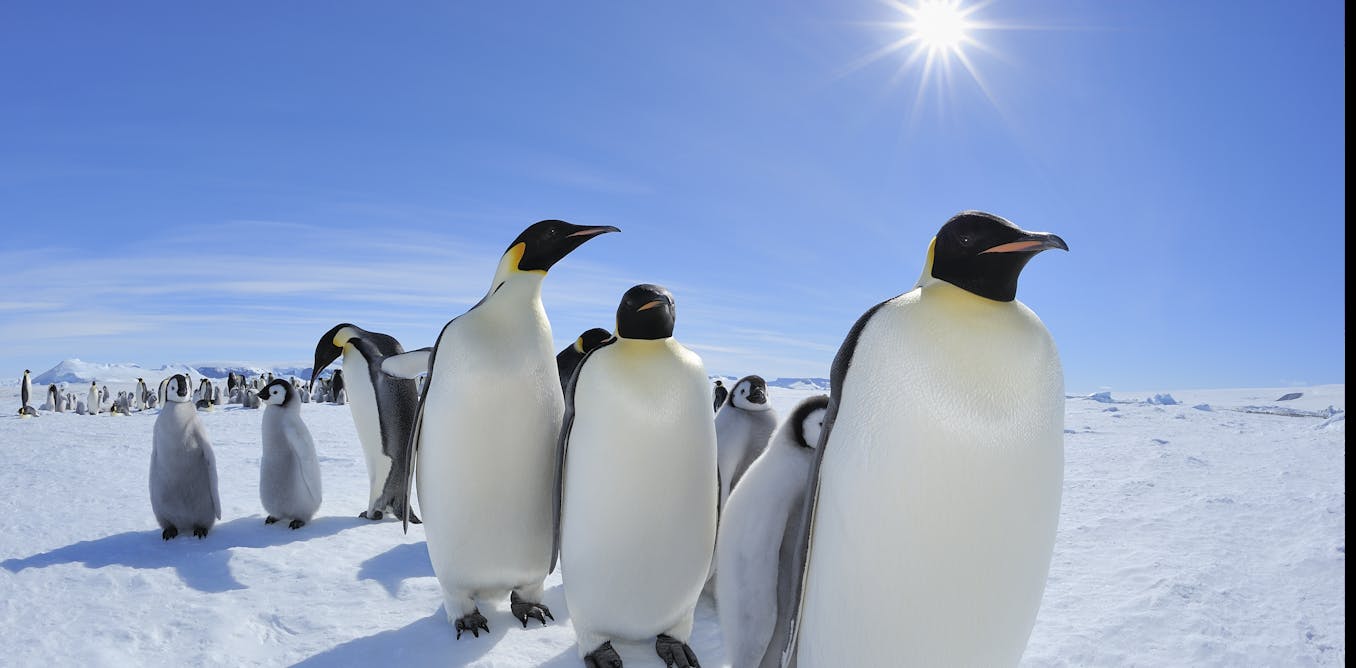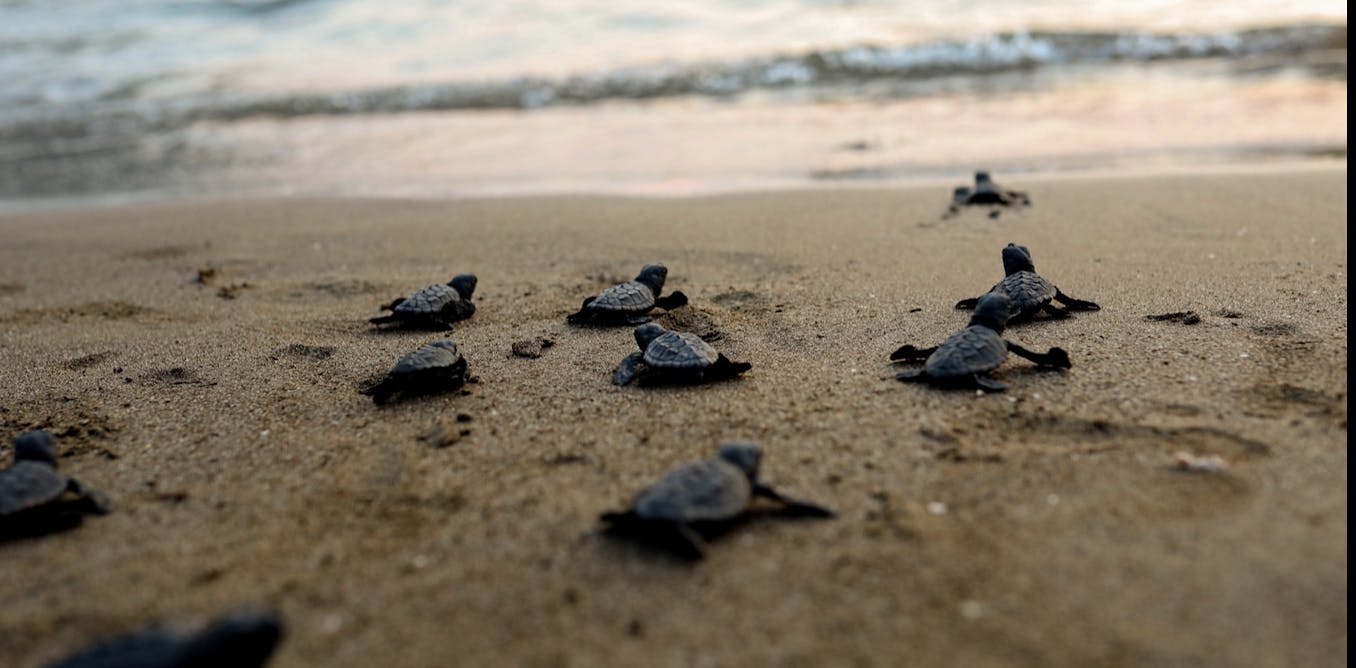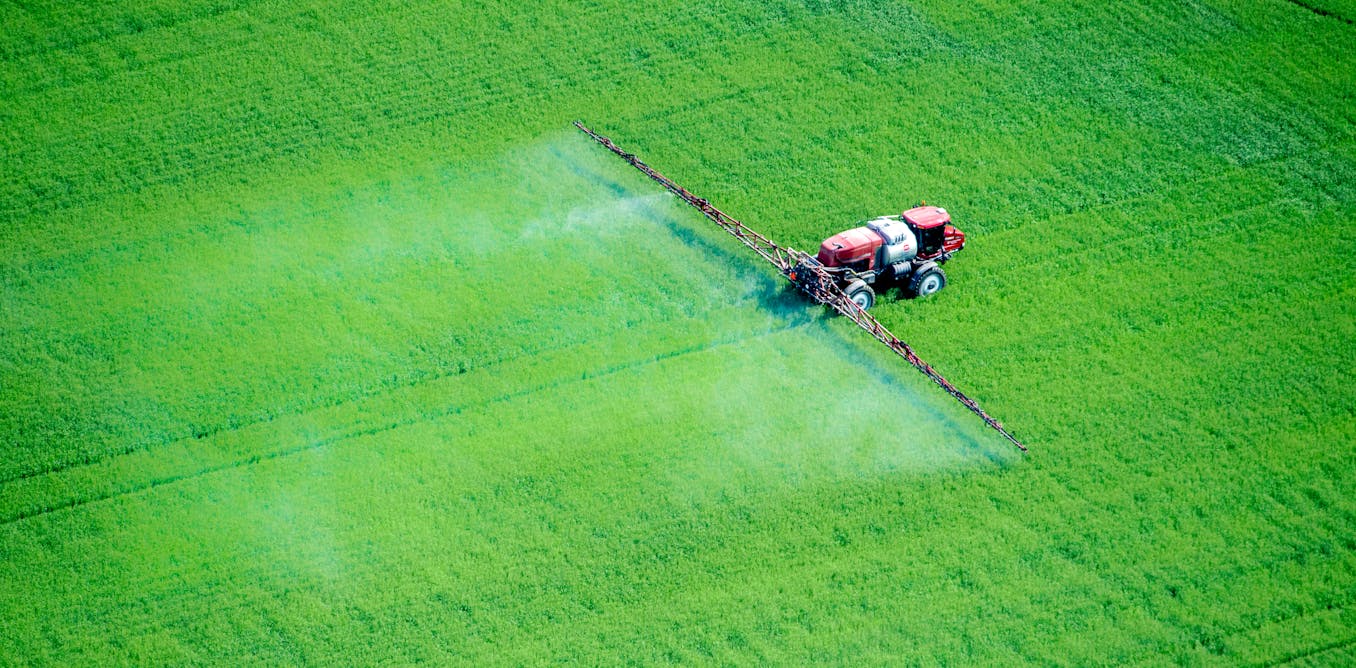China's lucrative orchid industry is a test for the nation's commitment to conservation
Dendrobium orchids are familiar to most people in bouquets, but they are in high demand in China for use in traditional medicines. Can Beijing find ways to grow these threatened plants sustainably?
Dec. 20, 2022 • ~9 min

